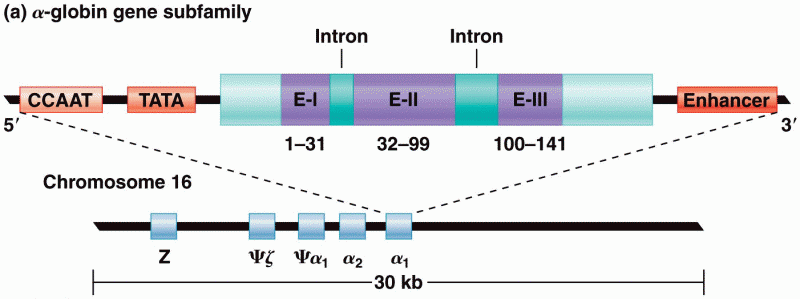|
|
|
In 1864, the first barbiturate (barbituric acid) was synthesized.
After 5 years of being diagnosed with rheumatoid arthritis, one every three patients will no longer be able to work.
Medication errors are more common among seriously ill patients than with those with minor conditions.
More than 50% of American adults have oral herpes, which is commonly known as "cold sores" or "fever blisters." The herpes virus can be active on the skin surface without showing any signs or causing any symptoms.
Blastomycosis is often misdiagnosed, resulting in tragic outcomes. It is caused by a fungus living in moist soil, in wooded areas of the United States and Canada. If inhaled, the fungus can cause mild breathing problems that may worsen and cause serious illness and even death.







